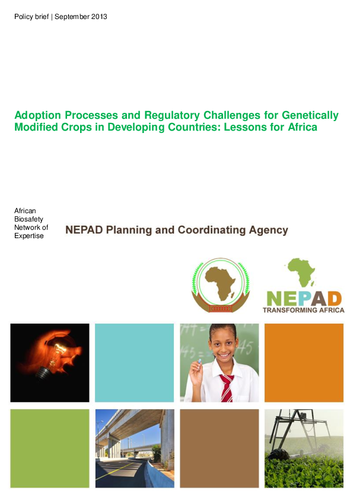The regulation of genetically modified (GM) crops is a topical issue in agriculture and environment. Only five out of the 11 countries which grew more than one million hectares of GM crops in 2012 have a history of orderly adoption of these crops as per the regulatory requirements of the respective individual countries. In the remaining six countries (all developing), GM crops were either smuggled in, released prior to regulatory approval or unapproved GM seeds were sold along with the approved ones in breach of regulatory expectations. Lack of sound biosafety regulatory systems encouraged unregulated and illegal access to GM crop seeds. It is ironic that encumbered biosafety regulatory systems motivate an unregulated and illegal access to the same technology that they are designed to limit access to. Factoring the cost to farmers of overly restrictive biosafety risk analysis and regulatory decision making is suggested. African countries should develop more efficient and responsive biosafety regulatory systems to promote compliance.

Publication
